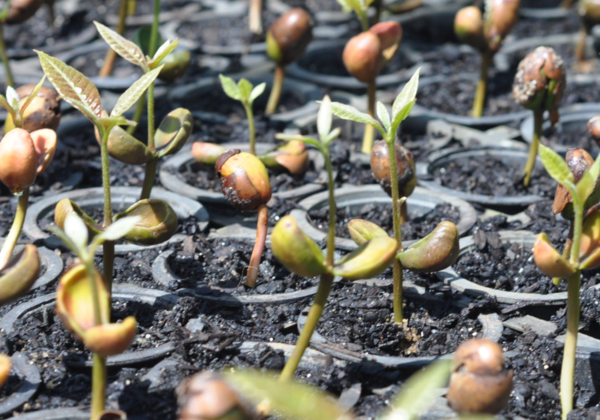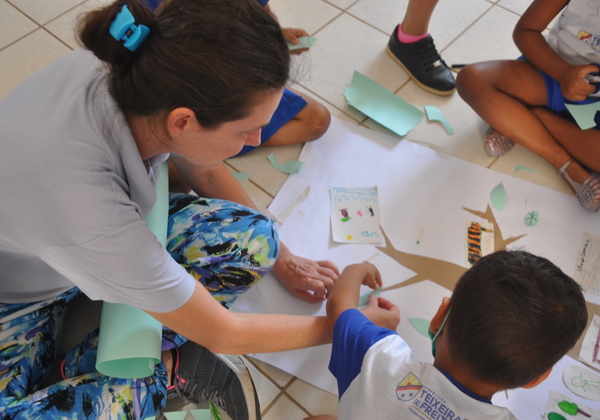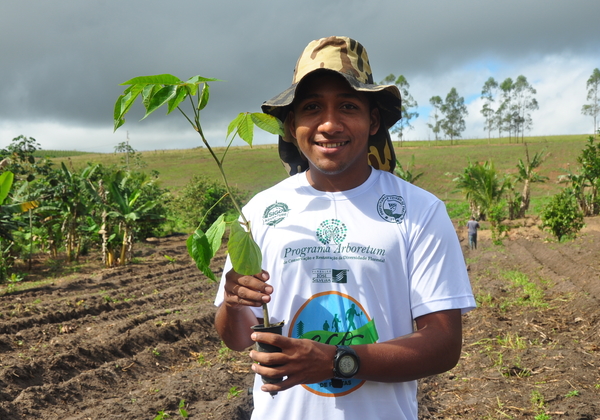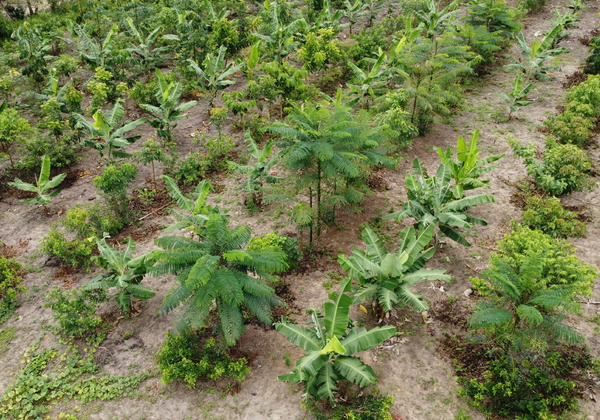The Atlantic Forest Orchards project seeks to bring people closer to the forest by associating forest restoration with income generation and food security. It is technically coordinated by the Center for Sustainable Forestry Development Arboretum Program (CDFS/Arboretum Program) with financial support from Caixa Econômica Federal's Socio-environmental Fund.


The Atlantic Forest is a biome rich in fruit species, however, these were not assimilated by our modern culture and many were forgotten. Rescuing and promoting the use and richness of these fruit species provides ecological benefits translated into the cultivation and planting of these species for both preservation and use.
The conservation and forest restoration of a given region depends on the involvement and approximation of society as a whole with the Forest. For this, it is necessary to bring knowledge and importance of forest ecosystems and the wealth of associated natural resources to a diverse audience, creating incentives and motivating people to preserve, plant and care for this heritage.


Restoration processes aim to restore an impacted ecosystem by encouraging the return of vegetation to a condition closer to the original. Forest restoration actions are necessary in permanent preservation areas for the conservation of water resources, prioritizing the springs of communities, in order to contribute to the environmental sustainability of properties, especially family farming or other partner owners.
An agroforestry system or AFS is a form of agriculture in which the use and occupation of the soil takes place through the intercropping of forest species such as trees and shrubs with agricultural or forage crops. It is a system in which the rural producer combines trees with agricultural crops in the same area, enabling environmental improvements such as soil regeneration, contribution of organic matter, attraction of fauna, infiltration of rainwater, control of erosion processes, dynamization of ecological restoration. , production diversification and autonomy.

Projeto Pomares da Mata Atlântica not only counts on the participation of the execution team, but also places the rural communities and schools benefiting from the project as main actors of the activities to be carried out.




